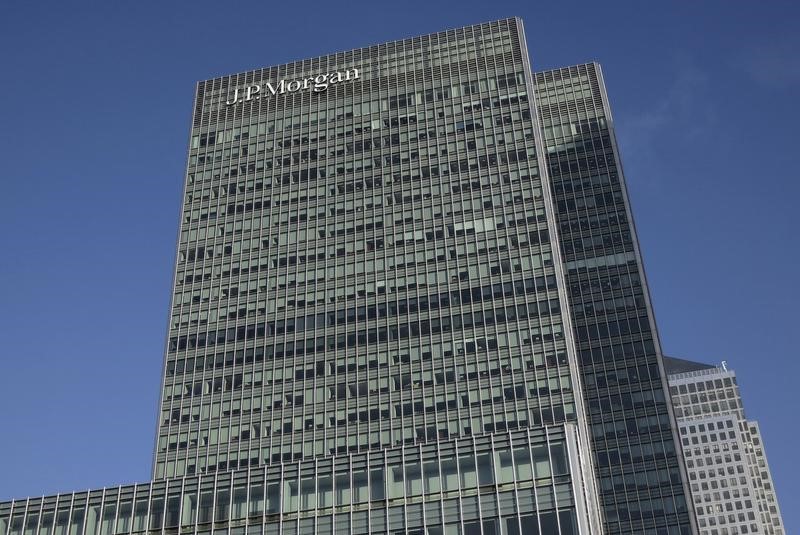Imagine your cozy kitchen, filled with the delightful aromas of freshly prepared meals, where you whip up culinary masterpieces and share memorable moments with loved ones. Undoubtedly, the kitchen is the heart of any home, a place where cherished memories are created over delicious meals.
However, as much as we rely on modern kitchen appliances to simplify our cooking, some of these essential tools have encountered legal challenges due to safety concerns and alleged defects.
In this article, we’ll delve into various kitchen appliances that have faced lawsuits, shedding light on the reasons behind these legal actions.
The Instapot Lawsuit: Pressure Cooker Safety Concerns
The Instapot, an electric pressure cooker known for its time-saving features, has revolutionized home cooking. However, as reported by TorHoerman Law, some consumers have reported instances of burns and scalds attributed to alleged malfunctions in pressure-release valves.
One such incident occurred in August 2021 when Ralph L. Bollig filed an Instapot burn lawsuit against Sunbeam Products Inc. Bollig claimed that his pressure cooker malfunctioned, allowing him to remove the lid while it was still pressurized.
Consequently, the scalding liquid was forcefully ejected from the pressure cooker, causing severe burns.
Likewise, in July 2021, Deetra Marshall brought a lawsuit against Instant Brands Inc. after her defective Instant Pot exploded, resulting in significant burn injuries. Marshall alleges that Instant Brands Inc. misled consumers about the safety of the Instant Pot.
It is essential to understand that pressure cookers, in general, are considered safe kitchen appliances and do not typically explode. In pressure cooker explosion lawsuits, the term “explosion” refers to the forceful ejection of scalding foods or liquids from defective pressure cookers, causing harm to nearby individuals.
The built-in safety mechanisms in pressure cookers are designed to prevent the lid from detaching while the contents are pressurized. However, lawsuits argue that defects in these safety mechanisms may lead to the lid opening or detaching while the food inside is still under pressure.
As an example, in November 2020, Crock-Pot recalled around 914,000 pressure cookers due to a potential burn risk associated with lids that could detach unexpectedly during use.
Teflon-Coated Cookware Controversy: Potential Health Risks
Teflon-coated cookware has been a popular kitchen choice worldwide, cherished for its non-stick properties. In 2020, this cookware segment captured a significant market share of 47.0%, particularly favored by middle-income families due to its lasting durability.
However, recent concerns have emerged regarding potential health risks associated with perfluorooctanoic acid (PFOA), a chemical used in Teflon production.
Both consumers and researchers are expressing worries about the potential link between these chemicals and various health issues, including cancers, infertility, hormone disruptions, and other adverse effects.
Adding to the alarm, a study published in the medical journal Science of The Total Environment revealed that scratched surfaces on non-stick cookware coated with Teflon could release over 2 million micro-plastics and nano plastics into the food being prepared. These particles can carry PFAS chemicals directly into the bloodstream, posing a significant health risk to consumers.
Given this concerning situation, a series of lawsuits have been filed against cookware manufacturers, claiming they did not adequately disclose information about the potential health risks associated with PFOA exposure.
Consumers are demanding transparency and accountability from manufacturers, seeking redress for any harm caused by the use of Teflon-coated cookware.
Exploding Blenders: The NutriBullet Litigation
The NutriBullet, a high-speed blender renowned for its ability to create nutritious smoothies by blending fruits and vegetables, has faced a series of lawsuits related to explosions and resulting injuries. These lawsuits have been prompted by defects that have led to injuries among consumers.
One notable incident occurred in 2018 when a woman from South Carolina filed a class action lawsuit after her NutriBullet blender exploded while blending water, walnuts, sea moss, and cinnamon for a mere 60 seconds.
The explosion caused the woman to suffer first- and second-degree burns on her arms and chest. Since then, several other lawsuits against the blenders have been filed.
Faulty Coffee Makers: The Keurig Hot Water Issue
Keurig, a well-known brand recognized for its single-serve coffee makers, faced a lawsuit alleging defects in its products that resulted in the forceful release of hot water during the brewing process.
This defect caused burns and scalding incidents, leading injured consumers to take legal action in pursuit of compensation. In response to the pressure of the lawsuits and numerous reports of burns caused by overheating, Keurig initiated a massive recall of over 7 million single-serving coffee brewers.
The recall specifically targeted the MINI Plus Brewing System with model number K10, which was manufactured between December 2009 and July 2014. This particular coffee maker functions by pumping hot water through small plastic cups of coffee grounds to produce single servings.
The hazard lies in the potential overheating during the brewing process, leading to the release of scalding liquid and resulting in burn injuries. Keurig emphasized that the likelihood of such scorching liquid escape increases if the brewer is used to brew more than two cups in quick succession.
Conclusion
As consumers, we rely on kitchen appliances to simplify our cooking and food preparation tasks. However, some of these appliances have faced lawsuits due to safety concerns, defects, or potential health risks. It’s essential for manufacturers to prioritize safety and adhere to rigorous quality control measures to prevent injuries and hazards.
If you own any of the appliances mentioned or similar products, it’s crucial to follow the safety guidelines provided by the manufacturers and promptly address any recalls or safety notices.
In the event of an injury caused by a kitchen appliance, seeking legal advice and understanding your consumer rights can help you navigate the complexities of product liability cases.
As consumers, we have the right to expect safe and reliable products. By holding manufacturers accountable through lawsuits, we can push for improved safety standards and ensure a safer and more enjoyable cooking experience in our kitchens.







:max_bytes(150000):strip_icc():focal(658x427:660x429)/home-improvement-then-now-022224-1-a2c6349af19b43358e4ab0a76c3a9cf5.jpg)


